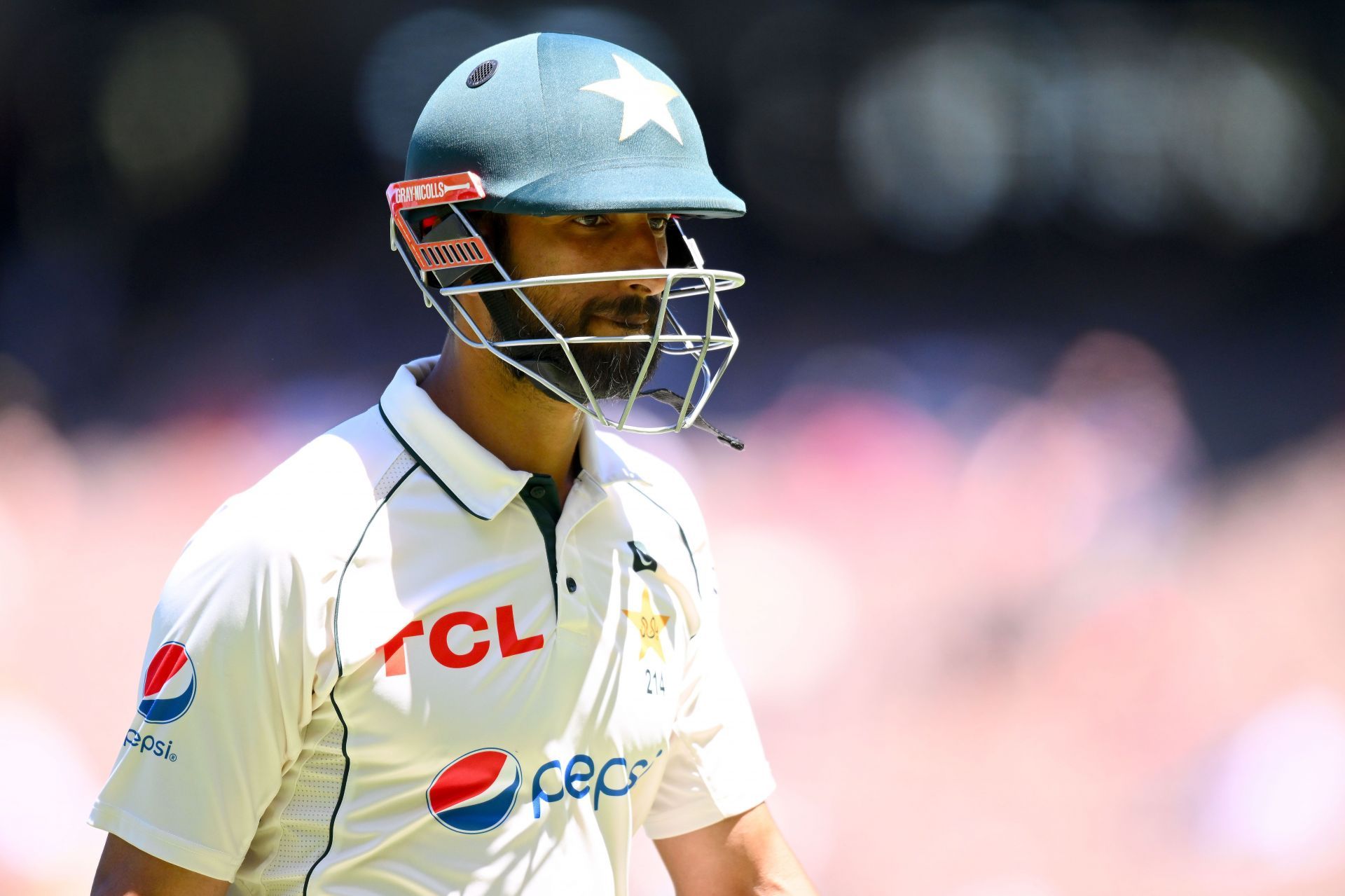
3 major changes Pakistan needs to make to recover from 2-0 loss in PAK vs BAN Tests
In a disappointing turn of events for Pakistani cricket, the team was whitewashed in the two-match Test series at home against Bangladesh on Tuesday, September 3. Bangladesh won the first Test by 10 wickets and maintained their strong performance in the second match.
After being asked to bat first, Pakistan scored 274 runs, bolstered by fifties from Saim Ayub (58), Shan Masood (57), and Agha Salman (54). In response, Bangladesh was in dire straits at 26-6 after just 11.3 overs.
Litton Das and Mehidy Hasan Miraz then staged a remarkable recovery, putting together a 165-run partnership off 245 balls for the seventh wicket. Mehidy Hasan contributed 78 runs while Litton Das made 138 runs off 228 balls, helping Bangladesh reach 262-10 in 78.4 overs.
In their second innings, Pakistan’s batting faltered as they were dismissed for 172, leaving Bangladesh a modest target of 185 runs. Bangladesh chased down the target with ease, winning by six wickets.
The series highlighted significant shortcomings for Pakistan in both batting and bowling. With a three-match Test series against England on the horizon, Pakistan will need to make several changes.
On that note, we look at three major changes that Pakistan should consider to address their 2-0 loss to Bangladesh.
#1 Bring back Imam-ul-Haq
Imam-ul-Haq last represented Pakistan during their tour of Australia for a three-match Test series. He featured in the first two matches, accumulating 104 runs across four innings, including a half-century in the opening Test at Perth.
The left-handed batter was dropped for the final Test during which Saim Ayub debuted at the Sydney Cricket Ground. Ayub was dismissed for a duck in his first innings but scored 33 runs in the second. Australia completed a 3-0 whitewash over Pakistan.
Imam was subsequently left out of the squad for the series against Bangladesh. In his absence, openers Abdullah Shafique and Saim Ayub struggled. Shafique managed only 42 runs in four innings while Ayub scored 135, including two fifties.
Given Shafique’s significant dip in form, the Pakistan management may need to consider reintroducing Imam-ul-Haq for the upcoming series against England. Imam has played 24 Tests, accumulating 1,568 runs at an average of 37.33, including three centuries.
#2 Consider Shadab Khan for Test matches
Pakistan has struggled to find a reliable spin-bowling all-rounder, a role that Shadab Khan could effectively fill. The 25-year-old made his Test debut in 2017 against the West Indies. He last appeared in the longest format of the game in 2020 against England.
The Pakistan Cricket Board should consider investing in Shadab Khan for Test cricket as well. While he has proven his skills in white-ball formats, his first-class record is also impressive.
Shadab has taken 68 wickets in 17 first-class matches and scored 595 runs with the bat. He could be a valuable asset lower down the order for Pakistan in Test matches.
The spinner has played six Tests, where he has taken 14 wickets and scored 300 runs, including three fifties. Given the current challenges facing the Pakistani team, incorporating Shadab into the squad could provide a significant boost.
#3 Shaheen Shah Afridi needs to play regularly
Shaheen Shah Afridi is arguably Pakistan's premier fast bowler at the moment and should be included in every match, especially given the recent decline in the team's performance.
When the squad for the Bangladesh Test series was announced, Afridi was removed from his role as vice-captain. This decision was reportedly made to manage his workload during the home season.
The left-arm pacer took two wickets in the first Test but was left out of the second. Pakistan experimented with a new combination but it did not yield results in the second Test either.
Pakistan will host England for a three-match Test series starting October 7. This series is expected to be highly competitive, and Pakistan will need Shaheen Afridi in every game to achieve the desired outcomes. The 24-year-old has a solid record, having taken 115 wickets in 30 Test matches.